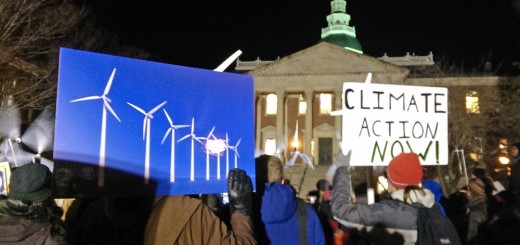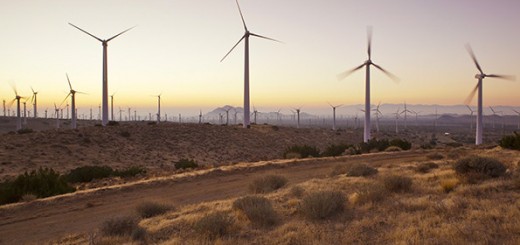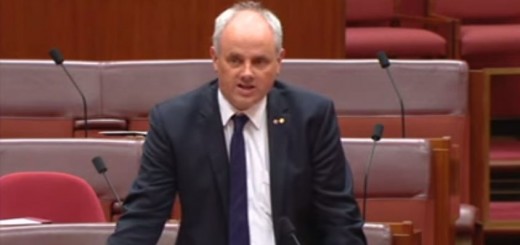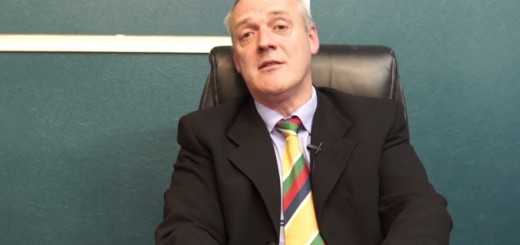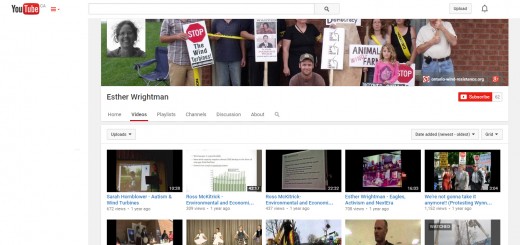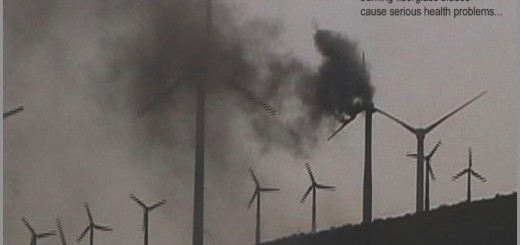OVERBLOWN
THE LESS ONE KNOWS ABOUT THE UNIVERSE, THE EASIER IT IS TO EXPLAIN—
Leon Brunschvicg
TRUTH AND CONSEQUENCES
Energy journalist Robert Bryce recently broke the news to mainstream American media. In a hard-hitting article published in the Wall Street Journal, he reported the findings of a Colorado energy research study, which earlier this year concluded that industrial wind technology in the regions of Colorado and Texas it sampled neither reduced carbon dioxide (CO2) emissions in the production of electricity nor rolled back consumption of fossil fuels.
The raison d’être of the wind industry is to abate significant levels of the greenhouse gas emissions many feel are causing precipitous and adverse warming trends in the earth’s climate. Wind technology is also sold as an alternative source of power to coal-fired plants. Therefore, the American Wind Energy Association (AWEA), the trade
organization for a constellation of limited liability wind companies, did not exactly welcome Bryce’s report with arms open. Instead, AWEA spokesman Michael Goggin penned a stern riposte, which alleged that Bryce and others skeptical about the efficacy of wind technology were “lobbyists” for the fossil fuel industry, spreading lies “to avoid losing market share to wind energy,” and compared Bryce and a range of people and organizations to the groups and pundits from the tobacco industry who once told Congress there was no causal link between cigarettes and cancer.
Goggin also produced evidence and testimonials in ABC fashion that he claimed validated “one of the universally recognized and uncontestable (italics added) benefits of wind energy: that (it) reduces the use of fossil fuels as well as the emissions and other environmental damage associated with producing and using these fuels.” He further
boasted there were “reams of government data and peer-reviewed studies” supporting the effectiveness of his employer’s technology.
Before addressing AWEA’s evidentiary offerings on behalf of wind’s carbon saving/fossil fuel slaying potential—a bit of clarifying context.
First, Bryce is an energy realist who writes to effect more informed energy discourse in the hope of achieving better energy policy. In a recent televised forum at the Manhattan Institute in which he introduced his recent book, Power Hungry, Bryce maintained he is not a political or economic ideologue, is bored with political labeling, and that his ideas result from the way he was “mugged” by the laws of physics. He believes the most effective way to transition from high usage of coal, which now provides nearly half of the nation’s electricity and emits about a third of its CO2 emissions, requires a rapid increased deployment of natural gas generators as a bridge to a pervasive use of nuclear technology. And he recommends that environmentally questionable coal extraction techniques, such as mountaintop removal, be made illegal—the sooner, the better. Hardly the words of a fossil fuel lobbyist.
